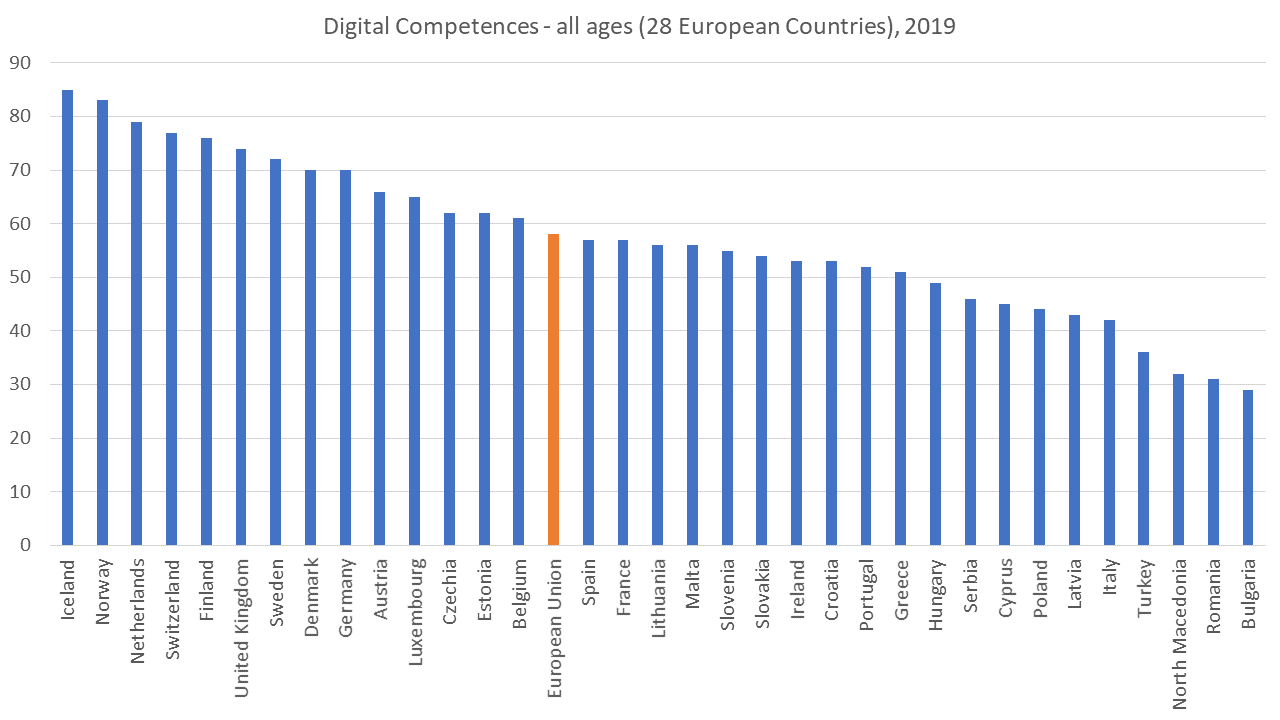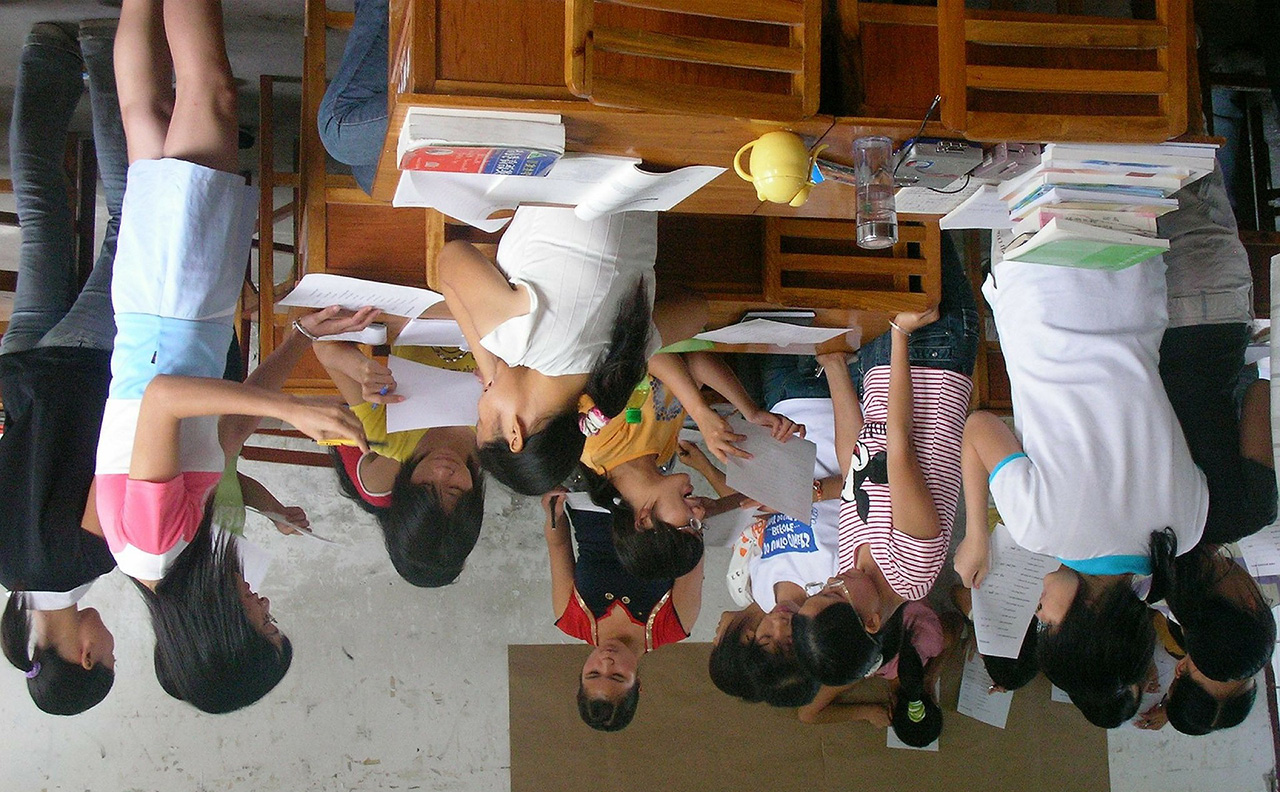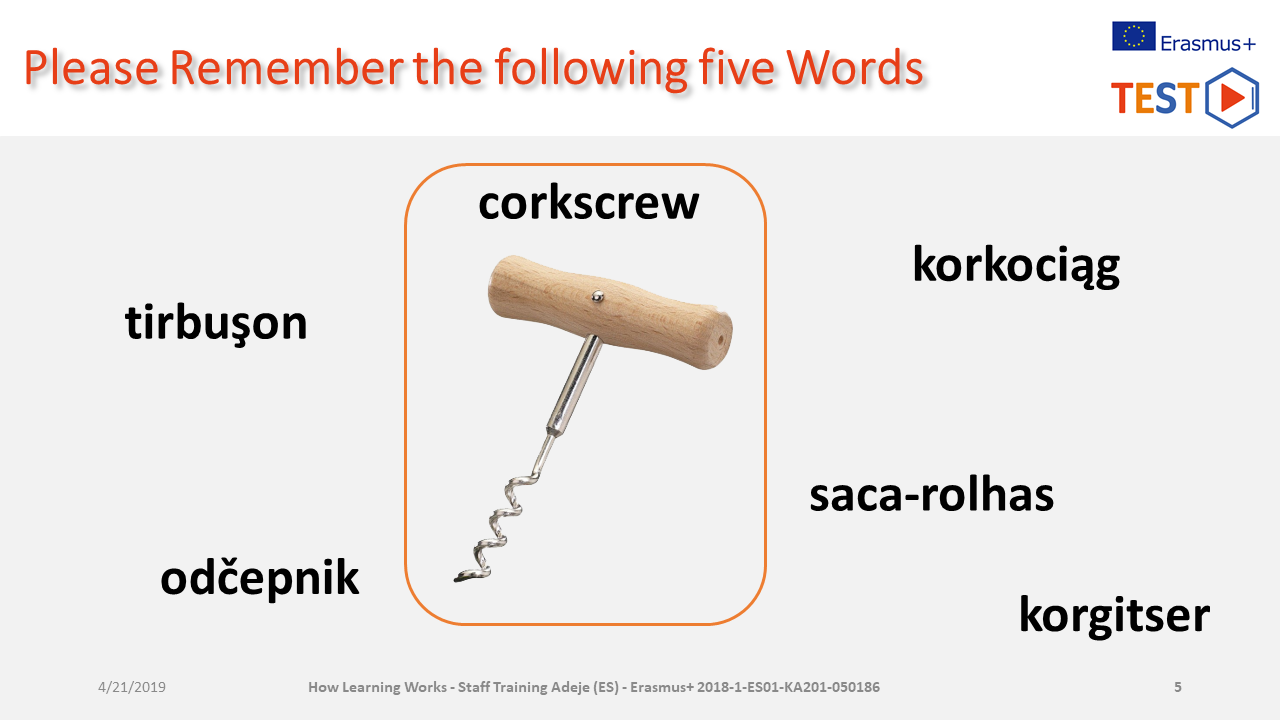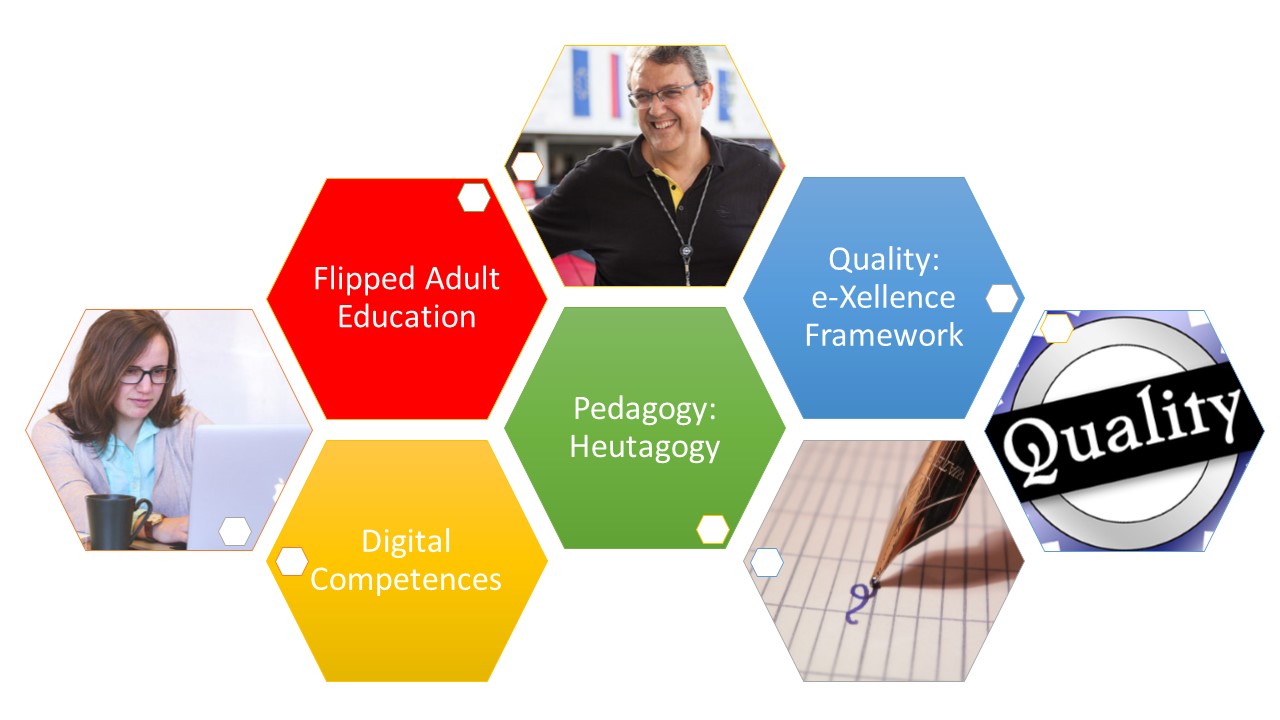
Digital Competences of European Citizens
Eurostat published a statistic about the digital skills of European Citizens (covering the age between 16 and 74 years old). The result – split to European countries – is interesting: The average in Europe is approximately 56 % – this means that 44 % of the European citizens lack digital competences. It is important to Read More …



